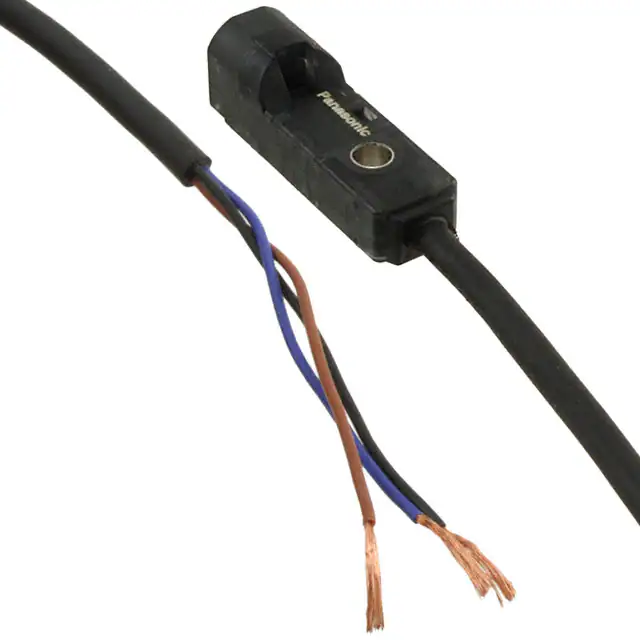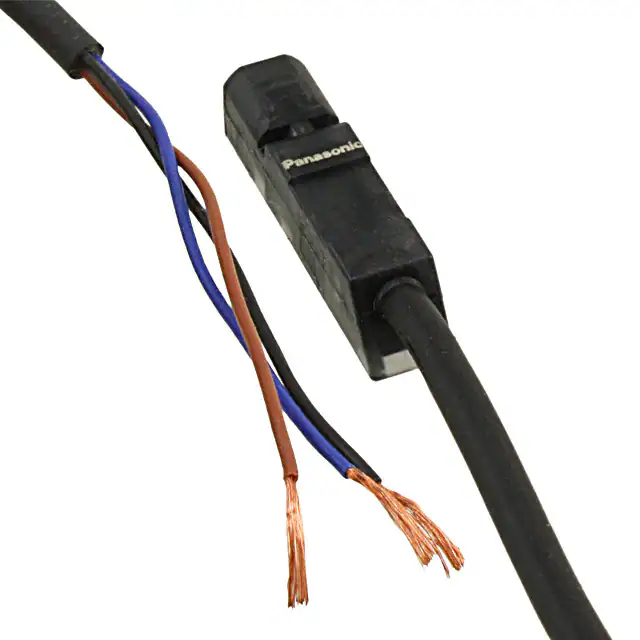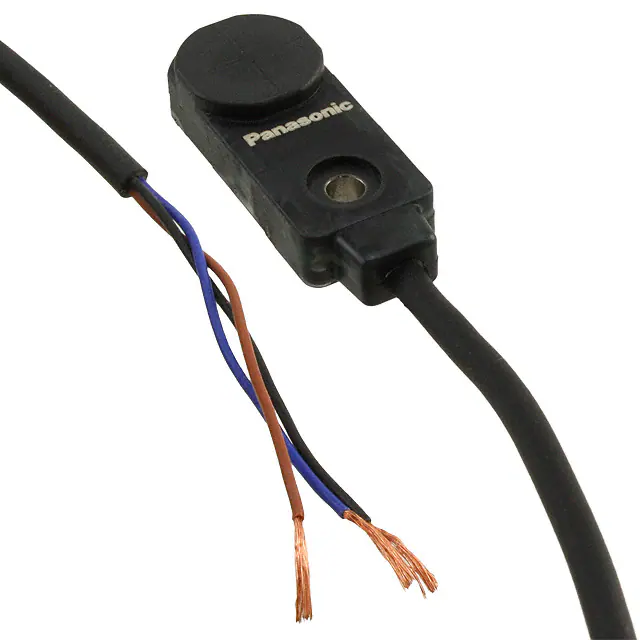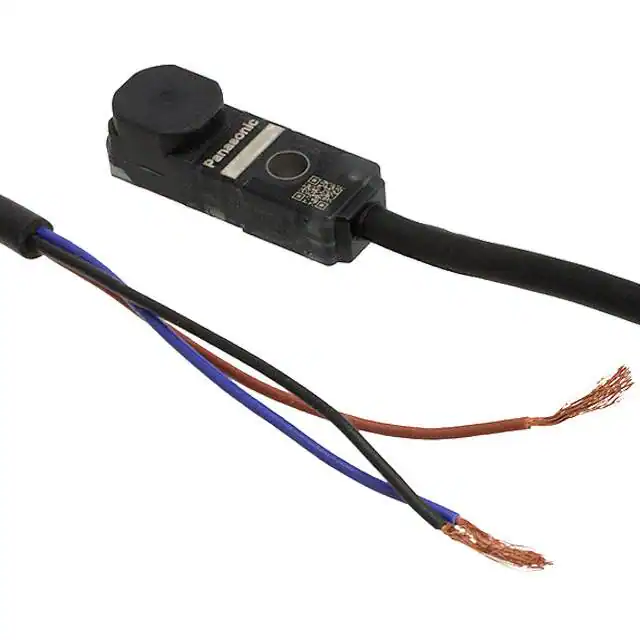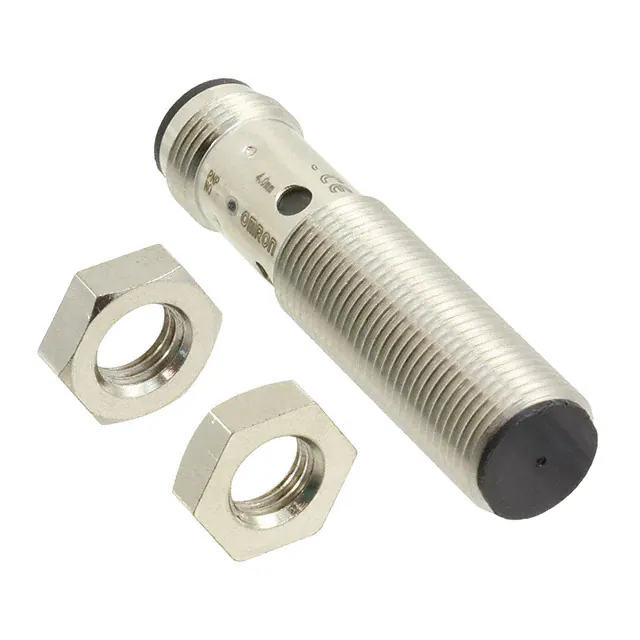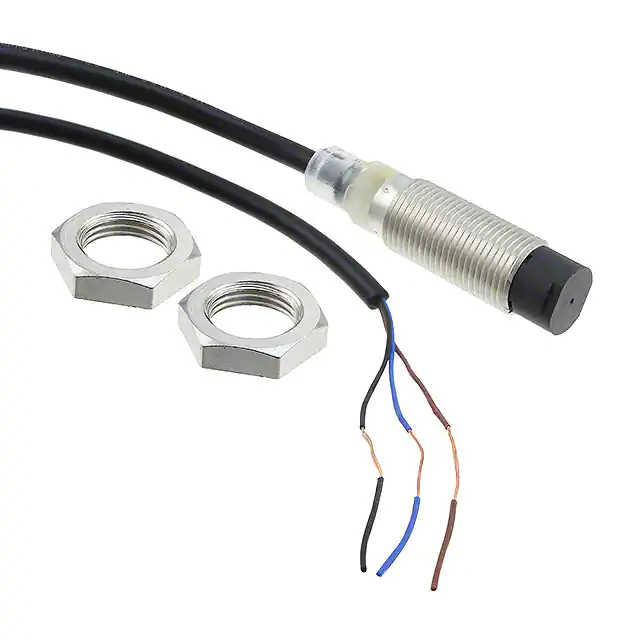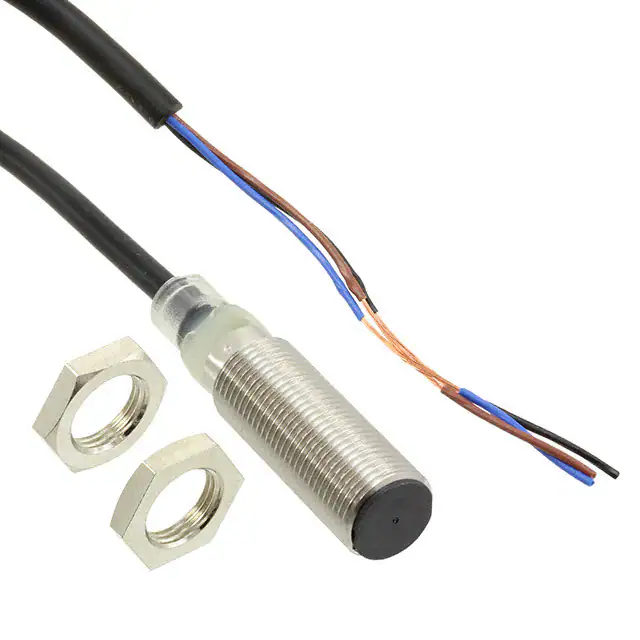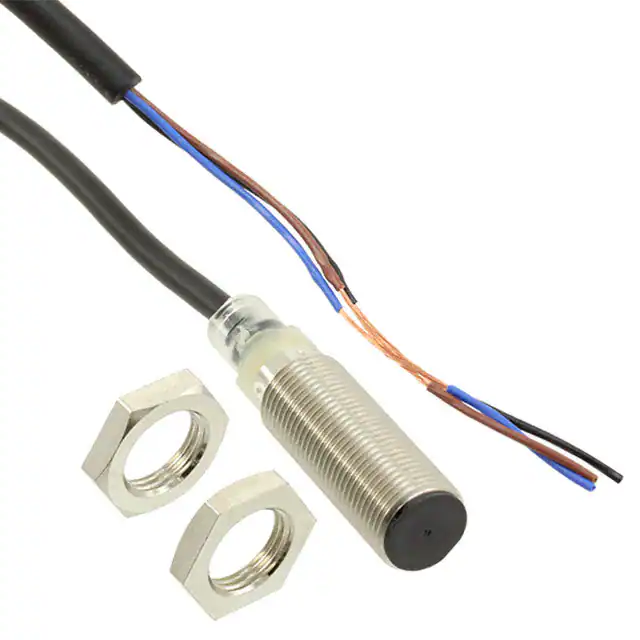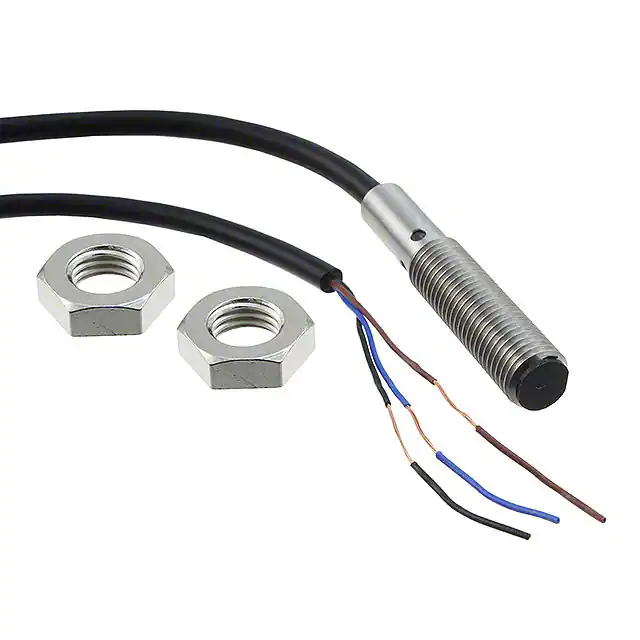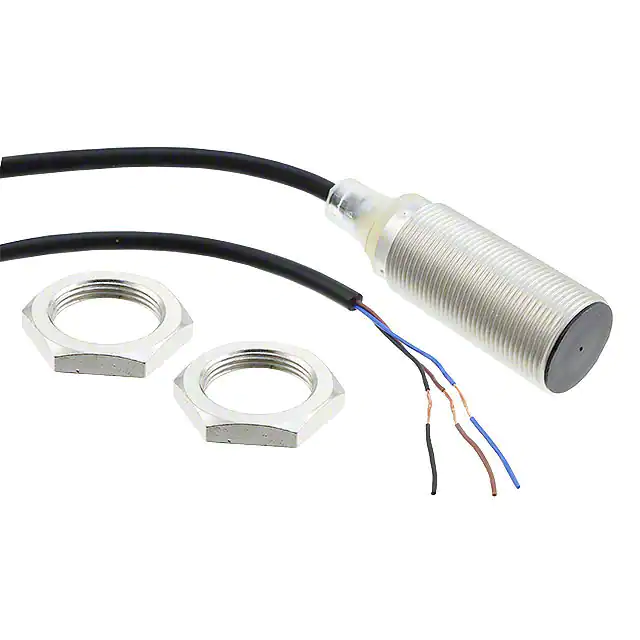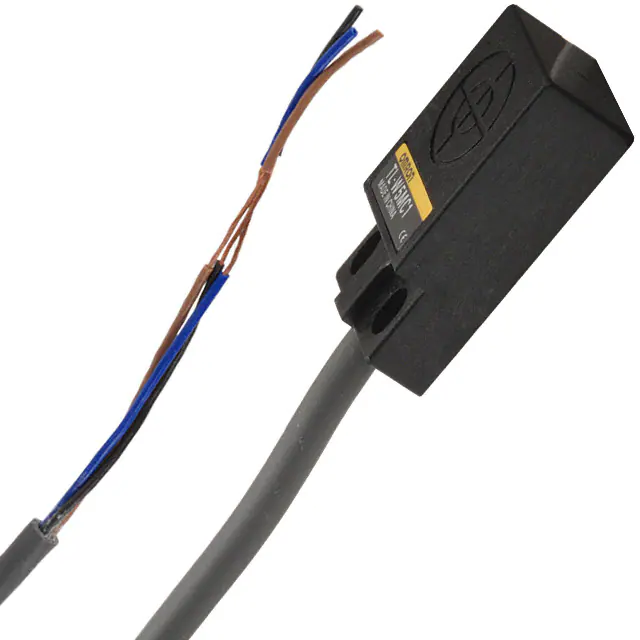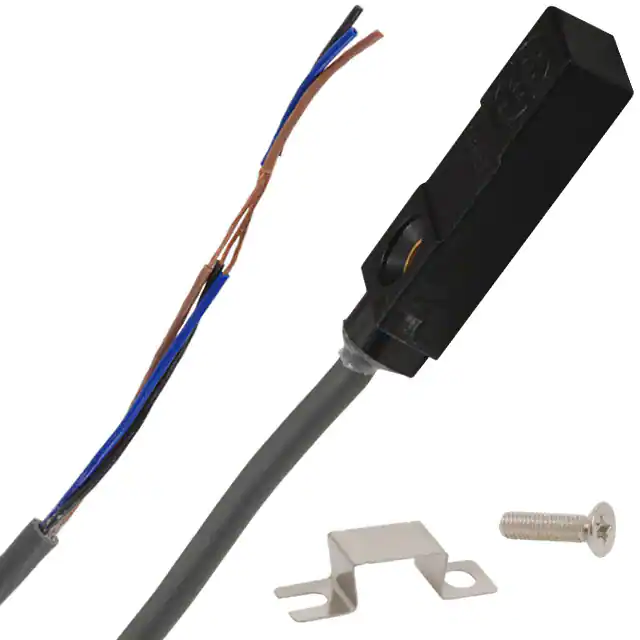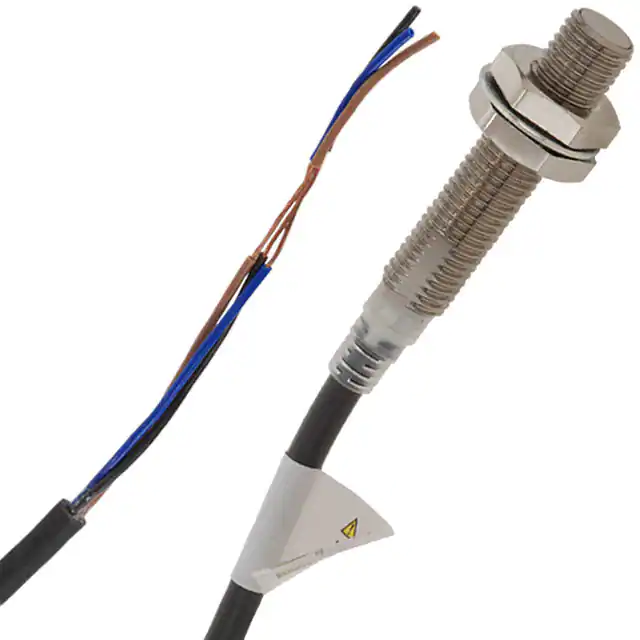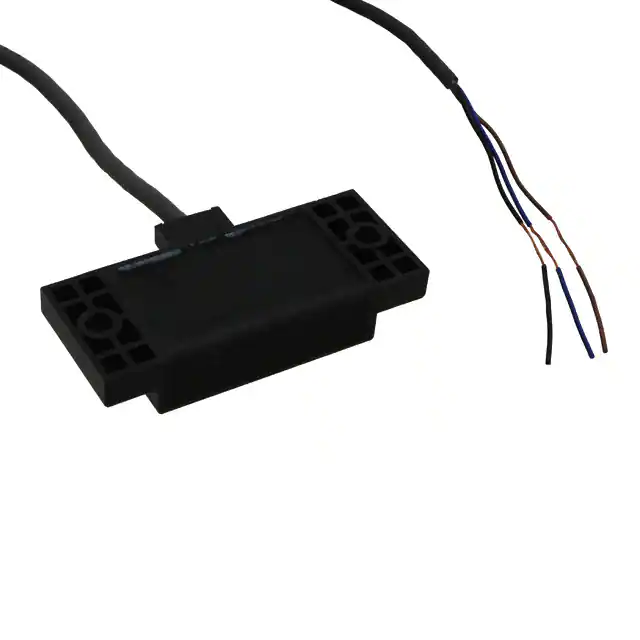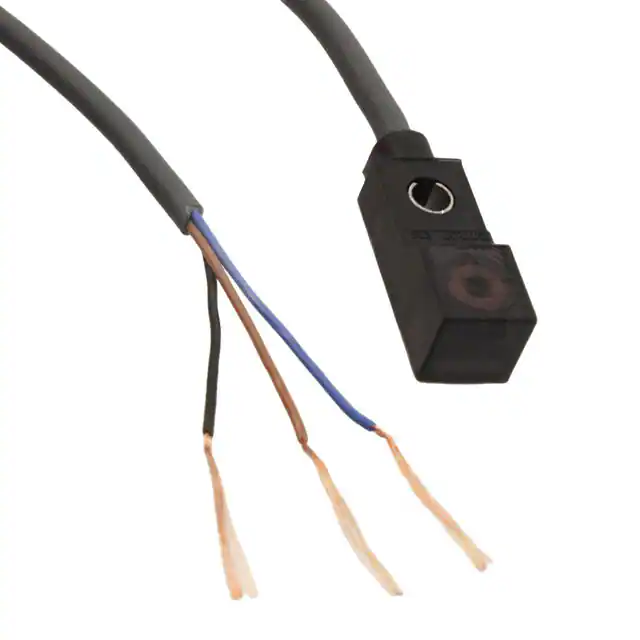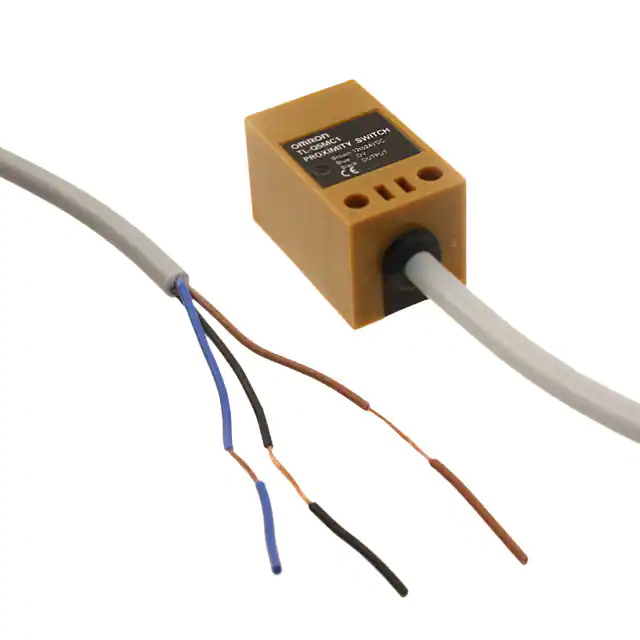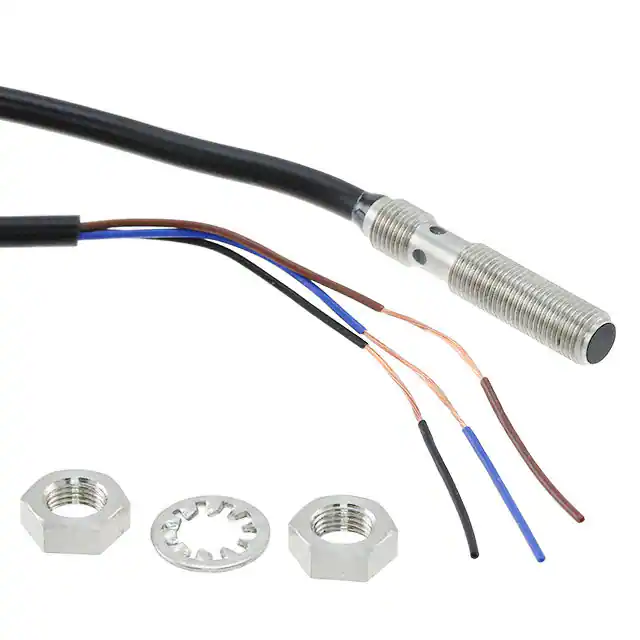IMP23ABSUTR: How Machine Learning is Revolutionizing the Automotive Industry
The automotive industry has always been an area of innovation. From introducing electric cars to developing self-driving vehicles, the industry has always been quick to adopt emerging technologies. However, one technology that is truly revolutionizing the automotive industry is machine learning. In this post, we'll explore how machine learning is transforming the automotive industry and what we can expect to see in the future.
Predictive Maintenance
One of the biggest challenges faced by the automotive industry is maintenance. Predictive maintenance is the process of using data to predict when equipment will fail, allowing manufacturers to address issues before they become critical. Machine learning is an essential tool in predictive maintenance.
Machine learning algorithms can analyze data from cars to determine when maintenance is required. By identifying patterns in the data, machine learning algorithms can predict upcoming failures and alert drivers to take action. This not only prevents breakdowns but also helps manufacturers optimize maintenance schedules, reducing costs and improving efficiency.
Autonomous Vehicles
Autonomous or self-driving cars are the future of transportation. The development of autonomous vehicles relies heavily on machine learning. Machine learning algorithms help these vehicles navigate the road, detect obstacles, and respond to changing road conditions. These algorithms rely on data from various sensors and cameras to make split-second decisions, making the ride smoother and safer.
Personalized Driving Experience
Machine learning is also being used to create a more personalized driving experience. Car manufacturers can use machine learning to analyze data from drivers, including driving style, music choices, and even seat position. By analyzing this data, manufacturers can tailor the driving experience to meet the needs of the driver.
One example of this is how Tesla uses machine learning to adapt the vehicle's suspension to the driver's driving style. By analyzing the way the driver handles the vehicle, Tesla can adjust the suspension to provide the perfect driving experience.
Supply Chain Optimization
Machine learning is also playing a crucial role in supply chain optimization. Manufacturers need a steady flow of components and materials to keep their production lines running. Machine learning algorithms can help manufacturers predict demand and optimize supply chains.
By predicting demand, manufacturers can ensure they have the necessary components and materials at the right time. This not only helps reduce costs but also reduces the risk of production delays.
The Future of Machine Learning in the Automotive Industry
The use of machine learning in the automotive industry is still in its early stages, but the potential benefits are enormous. As the technology continues to improve, we can expect to see even more widespread use of machine learning in the industry.
One area that we can expect to see significant growth is the use of machine learning in connected cars. Connected cars rely on data from various sources, including sensors and GPS, to provide a seamless driving experience. Machine learning algorithms can analyze this data to provide a more personalized and predictive driving experience.
Another area of growth is the use of machine learning in electric cars. Electric cars rely heavily on batteries, and understanding how they perform is key to optimizing the technology. Machine learning can help manufacturers analyze data from batteries to determine how to improve their performance and longevity.
In conclusion, the use of machine learning in the automotive industry is transforming the way we drive. From predictive maintenance to self-driving cars, machine learning is helping manufacturers create safer, more efficient vehicles. As the technology continues to develop, we can expect to see even more innovative uses of machine learning in the automotive industry.

IMP23ABSUTR
- Part Number :
- IMP23ABSUTR
- Manufacturer :
- STMicroelectronics
- Description :
- ANALOG BOTTOM PORT MICROPHONE WI
- Datasheet :
-
 IMP23ABSUTR.pdf
IMP23ABSUTR.pdf
- Unit Price :
- Request a Quote
- In Stock :
- 3090
- Lead Time :
- To be Confirmed
- Quick Inquiry :
- - + Add To Cart
Request a Quote
IMP23ABSUTR Specifications
- Packaging:
- Tape & Reel (TR),Cut Tape (CT)
- Series:
- -
- ProductStatus:
- Active
- Type:
- MEMS (Silicon)
- OutputType:
- Analog
- Direction:
- Omnidirectional
- FrequencyRange:
- 35 Hz ~ 15 kHz
- Sensitivity:
- -38db ±1dB
- S/NRatio:
- 64dB
- Impedance:
- -
- Voltage-Rated:
- 2.75 V
- VoltageRange:
- 1.52 V ~ 3.6 V
- Current-Supply:
- 150 µA
- PortLocation:
- Bottom
- Ratings:
- -
- Termination:
- Solder Pads
- Size/Dimension:
- 0.130 L x 0.097 W (3.31mm x 2.46mm)
- Height(Max):
- 0.039 (0.98mm)
IMP23ABSUTR Guarantees

-
Service Guarantees
We guarantee 100% customer satisfaction.
Our experienced sales team and tech support team back our services to satisfy all our customers.

-
Quality Guarantees
We provide 90 days warranty.
If the items you received were not in perfect quality, we would be responsible for your refund or replacement, but the items must be returned in their original condition.
Certified Quality
 View the Certificates
View the Certificates

